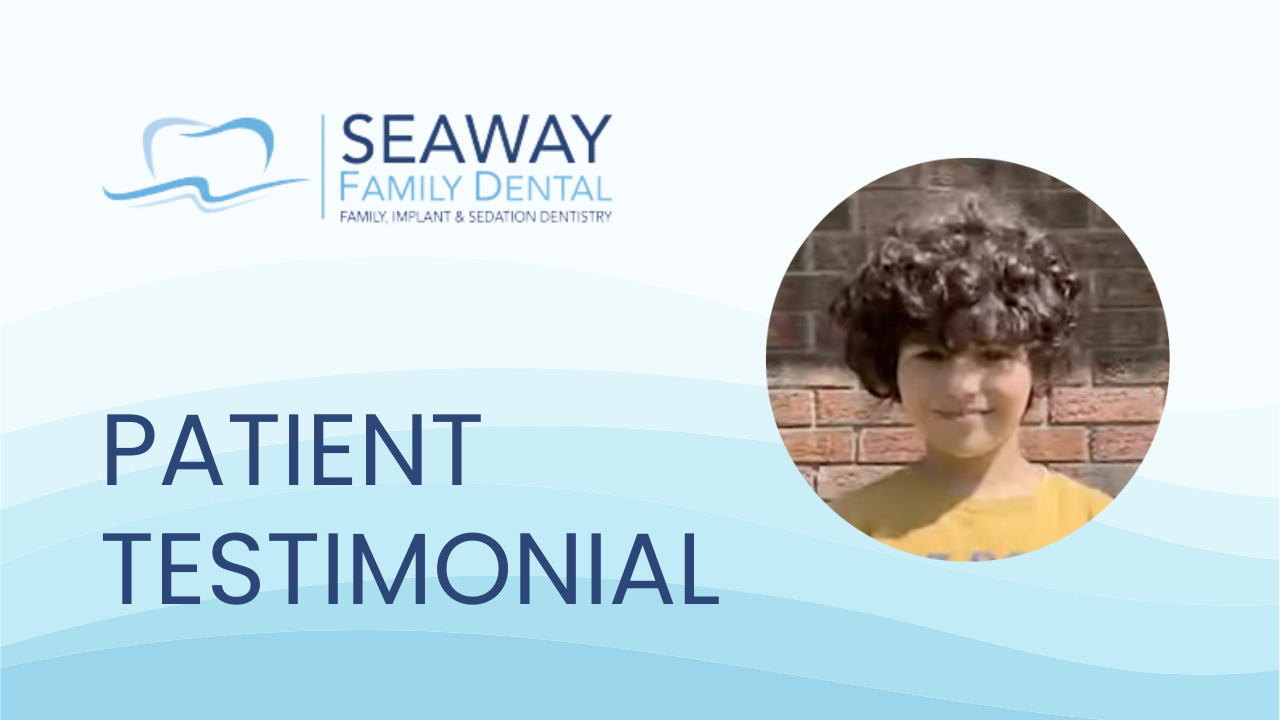
All about sleep apnea
Sleep apnea is a sleep disorder that makes it difficult to breathe while you sleep. Sleep apnea can disrupt your sleeping more than 30 times a night and is characterized by pauses in normal breathing, gasping in your sleep, waking up with headaches, feeling foggy and tired during the day and, most infamously, excessive snoring that might keep your partner awake.
- Obstructive Sleep Apnea - The most common form of sleep apnea, caused by tissues in the back of the throat collapsing and blocking the airway during sleep.
- Central Sleep Apnea - This form of apnea is caused by a disruption in the communication patterns between your brain and muscles which leads to a breathing disruption.
There are two main types of sleep apnea:
What are the benefits of sleep apnea treatment?
It goes without saying that a good night’s sleep is essential to our emotional and physical well-being. Even if you can’t remember waking up at night, sleep apnea is still disturbing your sleep cycle and this can have short-term and long-term effects on your health, relationships and quality of life. Besides finally getting a good night’s sleep, what are some of the benefits of sleep apnea treatment?
Better physical health
Believe it or not, treating your sleep apnea will reduce your risk of high blood pressure, heart issues, the risk of type 2 diabetes, liver problems and reduces stress on your metabolic system. Combating sleep apnea may also alleviate the extra risk associated with surgery or drug therapy.
Feel like normal again
Do you ever feel like you’re forgetting something? Or can’t quite find the words you’re looking for? Sleep apnea sufferers often report waking up feeling groggy and feel stuck in a brain fog all day. With sleep apnea treatment, patients report feeling sharper, focused and more like themselves again.
Strengthen your relationships
Treating your sleep apnea is good for both you and your partner. By reducing or stopping your restlessness and snoring altogether you will also give your partner a higher quality, uninterrupted night of sleep. Both of you will wake up with an improved mood. Facing the day with a fresh slate will make parenting, work and relationships feel a lot more enjoyable. Your good mood is catching.
How is sleep apnea treated?
There are several options for treating sleep apnea depending on the cause and severity of your apnea. It’s also important for us to find a solution that suits your lifestyle.
Lifestyle changes
The good news is that mild cases of sleep apnea can be treated right at home. The dentist may recommend losing weight, avoiding alcohol and sleeping pills, changing the way you sleep, following sleep hygiene recommendations, and quitting smoking. These recommendations are so safe and effective, we often recommend them even in tandem with other treatments.
Continuous Positive Airway Pressure (CPAP)
Currently the most common treatment for sleep apnea, you may already be familiar with CPAP machines. A mask is worn over the nose and/or mouth while you sleep. The mask is connected to a machine that delivers a constant steady stream of air that helps keep your airways open so you can breathe normally. There are different kinds of masks and machines available depending on your needs and what you’re comfortable sleeping with.
Oral appliances
There are a few appliances that are worn in the mouth while sleeping that can alleviate the symptoms of sleep apnea. They typically look and feel a bit like a mouthguard. Their function will depend on what’s causing your sleep apnea symptoms and they may alleviate snoring, pull the jaw forward to keep your airway clear or stabilize your tongue.
Surgery and medication
Some causes of sleep apnea can be treated with surgery or medication. The most common types of surgery for sleep apnea problems include repairing a deviated septum in the nose, fixing a narrow throat or airway, or making adjustments to the jaw area to relieve throat blockages.
Contact us today
to schedule an initial consultation & exam.
Your consultation will include an examination of everything from your teeth, gums and soft tissues to the shape and condition of your bite. Generally, we want to see how your whole mouth looks and functions. Before we plan your treatment we want to know everything about the health and aesthetic of your smile, and, most importantly, what you want to achieve so we can help you get there.
Frequently Asked Questions









